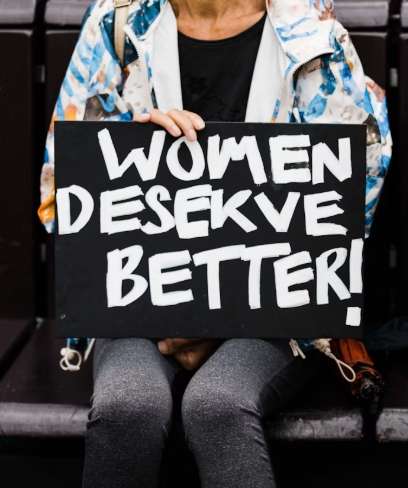Frenchman Convicted of Rape and Other Crimes, Along with 50 Accomplices.
The Unraveling of a Decade of Abuse: Gisele Pelicot’s Fight for Justice
Gisele Pelicot, a 72-year-old French woman, endured a decade of unimaginable trauma, systematically drugged and raped by her husband, Dominique Pelicot, and over 50 accomplices. This horrific ordeal, shrouded in secrecy within the seemingly tranquil village of Mazan in southern France, came to light in a shocking twist of fate. Dominique Pelicot’s arrest in 2020 for upskirting in a local supermarket led to the discovery of a trove of incriminating evidence – videos he himself had recorded of the heinous acts perpetrated against his unconscious wife. The subsequent trial, spanning three months, exposed the chilling details of this organized abuse, painting a disturbing picture of betrayal, manipulation, and the complicity of a shockingly large number of individuals within a small community.
The court in Avignon heard how Dominique Pelicot meticulously planned and executed the drugging of his wife, using lorazepam and other sleeping pills to render her unconscious, leaving her vulnerable to the assaults of his co-defendants. While Pelicot claimed the other men were aware of Gisele’s incapacitated state, the trial focused on the systematic nature of the abuse and the clear culpability of all involved. The verdict, delivered after weeks of harrowing testimony, found Dominique Pelicot guilty and sentenced him to 20 years in prison, with eligibility for parole only after serving two-thirds of his sentence. Forty-seven of his co-defendants were convicted of rape, while others faced charges of attempted rape or sexual assault, receiving sentences ranging from four to 18 years.
Gisele Pelicot’s courageous decision to waive her anonymity and allow the videos of her abuse to be shown in court became a turning point in the narrative. Her unwavering stance, her declaration that "I’ve done nothing wrong. They are the ones who must be ashamed,” resonated powerfully, transforming her from a victim into a symbol of resilience and a powerful advocate for other survivors of sexual violence. Her willingness to confront her abusers in court, to expose their crimes and demand justice, not only secured their convictions but also ignited a national conversation about sexual violence, consent, and the deeply ingrained societal structures that allow such abuse to occur.
While supporters outside the court celebrated the convictions, many criticized the sentences as too lenient, highlighting the ongoing struggle for adequate justice in cases of sexual violence. Gisele, however, focused on the future, expressing her hope for a world where women and men could live in harmony, demonstrating an extraordinary capacity for forgiveness and a commitment to moving forward. Her unwavering strength and her refusal to be defined by the trauma she endured inspired admiration and respect both within France and internationally, solidifying her position as a leading voice in the fight for women’s rights and justice for survivors of sexual abuse.
The Pelicot case, with its disturbing details of organized abuse within a seemingly ordinary community, sent shockwaves through France and beyond. The scale of the crimes and the number of individuals involved raised uncomfortable questions about complicity, silence, and the insidious nature of sexual violence. Gisele Pelicot’s decision to confront her abusers and share her story publicly not only brought their crimes to light but also sparked a vital dialogue about the broader societal context that enables such abuse. Her bravery and resilience have made her a powerful symbol of hope and a catalyst for change, inspiring other survivors to come forward and demand justice.
The impact of Gisele Pelicot’s courage extended beyond the courtroom, earning her recognition as one of the BBC’s 100 women of 2024 and one of the Financial Times’ 25 most influential women of the same year. These accolades underscore the significance of her story and its power to ignite change. Her unwavering pursuit of justice, her refusal to be silenced, and her vision for a future free from violence have made her an inspiration and a powerful advocate for women’s rights worldwide. The Pelicot case, while deeply disturbing, ultimately serves as a testament to the strength of the human spirit and the transformative power of speaking truth to power. It reminds us that even in the darkest of times, the fight for justice, for equality, and for a better future remains a powerful force for change.
Share this content:












Post Comment